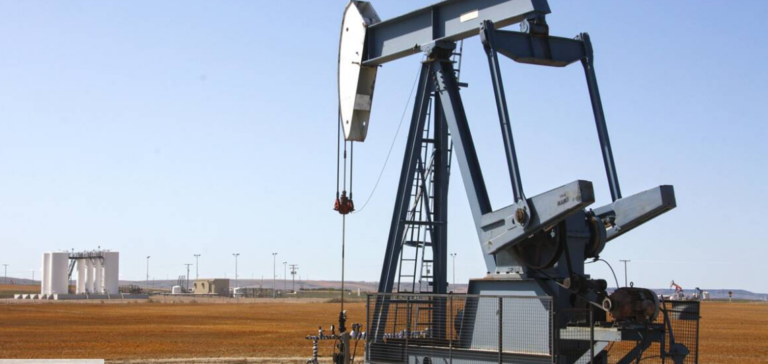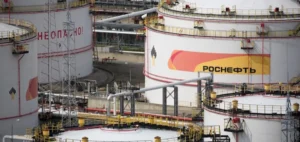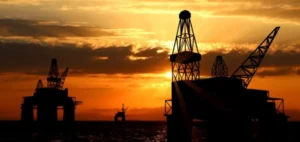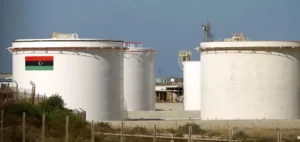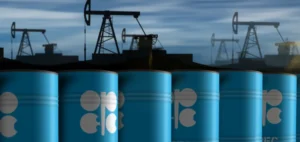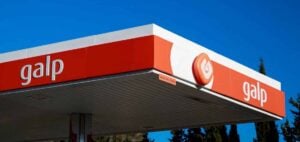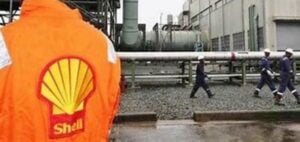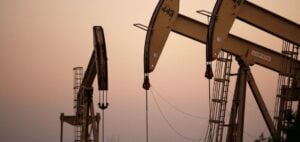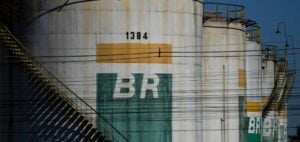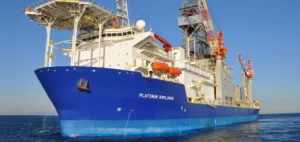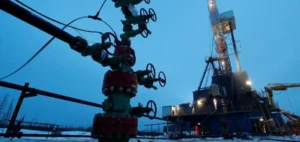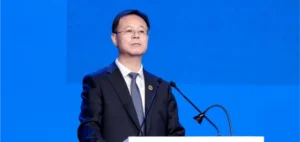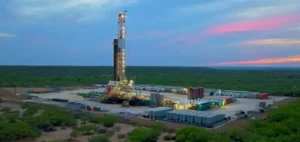In an unprecedented decision, nine oil companies were collectively fined over 165 million euros for their anti-competitive practices. This ruling affects TotalEnergies in particular, illustrating a tough measure against illegal maneuvers in the energy sector.
Political and economic implications of the Entente
This verdict, issued by the French Competition Council, concludes a hotly debated and criticized case. Among the companies involved, one is particularly notorious, owned by Aziz Akhannouch, current Prime Minister of Morocco. This direct link between political power and the oil industry raises questions about conflicts of interest and corporate governance.
Challenges of oil sector liberalization
The Board specified that the companies had agreed to pay the sum of 1.84 billion dirhams, underlining the scale of the penalty. In addition to payment, the companies have undertaken to behave in accordance with competition rules, seeking to prevent any future damage to this vital consumer market.
This case has its roots in a 2020 investigation in which the competition authority detected a cartel between three major Moroccan oil companies, including Total. This discovery initially led to financial sanctions, but without any concrete repercussions until recently.
Impact on the Moroccan Market and Price Transparency
Russia’s invasion of Ukraine in 2022 and soaring oil prices have given this affair an added political dimension. Afriquia, moreover, has become a focal point of this controversy. With no oil resources of its own, Morocco is entirely dependent on imports for its petroleum product needs. Liberalization of the sector in 2015, abandoning subsidies and letting importers set prices, has led to a significant increase in margins. This situation has given rise to persistent suspicions of price fixing, especially in view of the uniformity of prices at the pump.
A parliamentary inquiry in 2018 revealed high margins, estimated at between 1.2 and 1.5 billion euros in additional profits since liberalization. TotalEnergies Marketing, the third largest distributor in Morocco, has a significant market share, estimated at 15%. However, this decision by the French Competition Council is a strong signal for the oil industry and for corporate governance in general. It raises questions about market regulation, price transparency and the role of the authorities in monitoring commercial practices.
The fine imposed on TotalEnergies and other oil giants for price fixing in Morocco marks a decisive turning point. It highlights the need for stricter, more transparent regulation in the energy sector, which is vital for the economy and consumers.


